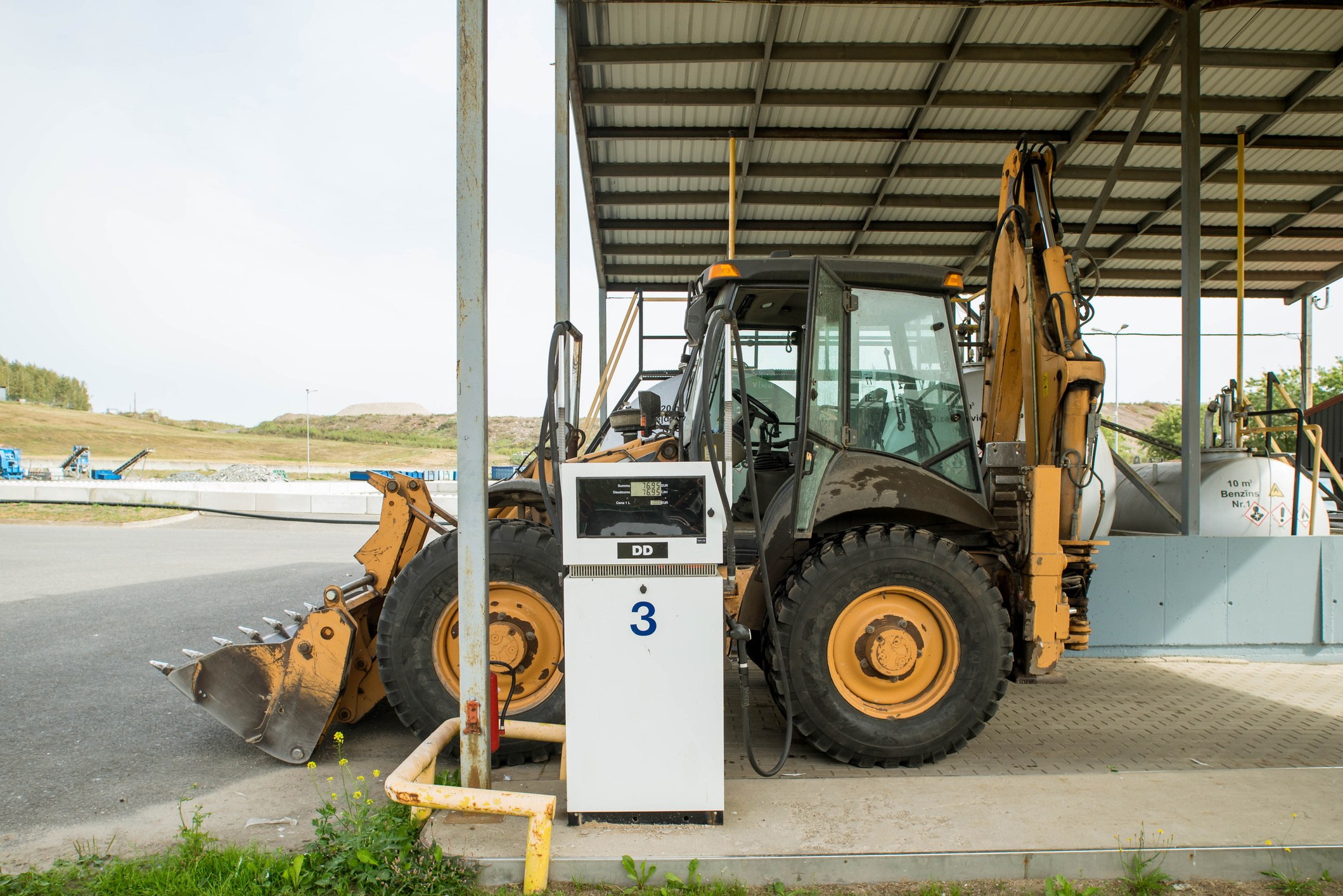Seattle - King County today announced a program to switch from soy-based biodiesel to Washington grown canola-based biodiesel (https://www.metrokc.gov/exec/news/2007/0420energy.aspx). The stated goal is to promote canola production in Washington state to encourage development of biodiesel production. This may pay off in the long-run, but in the short run it is neither fiscally nor environmentally responsible.
King County expects to pay an additional 6 cents a gallon for the 10 million gallons of diesel it uses each year, for a total of an additional $600,000 a year.
Unfortunately, while this costs more, it won’t significantly reduce CO2 emissions. King County is simply moving from one type of biodiesel to another, both of which are estimated to reduce CO2 emissions by 22,000 metric tons a year. There will be some savings in reduced transportation costs since the soy oil is shipped from the Midwest and the canola will be shipped from Yakima. The reduction in CO2 emissions by reducing the shipping distance is likely to be fairly limited.
A more environmentally responsible alternative would be to spend $600,000 developing projects that reduce CO2 by purchasing carbon offsets. Such offsets, used by Al Gore and others, are relatively inexpensive. According to the Chicago Climate Exchange (https://www.chicagoclimatex.com), such projects can reduce one ton of CO2 for as little as $3.70. King County could reduce CO2 by 162,000 metric tons, more than seven times the emissions currently being reduced, by spending the $600,000 on such projects.
Since the announcement today reduces CO2 only by the amount saved in the difference between transportation from the Midwest and Yakima, spending $600,000 on carbon offsets would actually be many times more effective than this proposal.
If carbon reduction is the goal, political leaders should prioritize efforts that are most effective and efficient over visible, but inefficient, programs.



